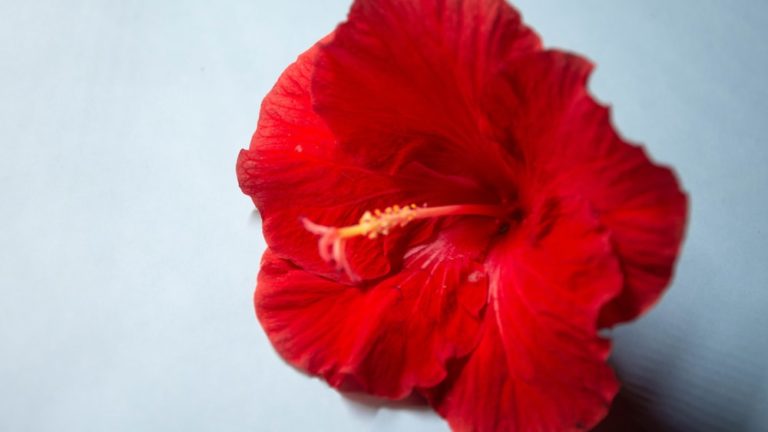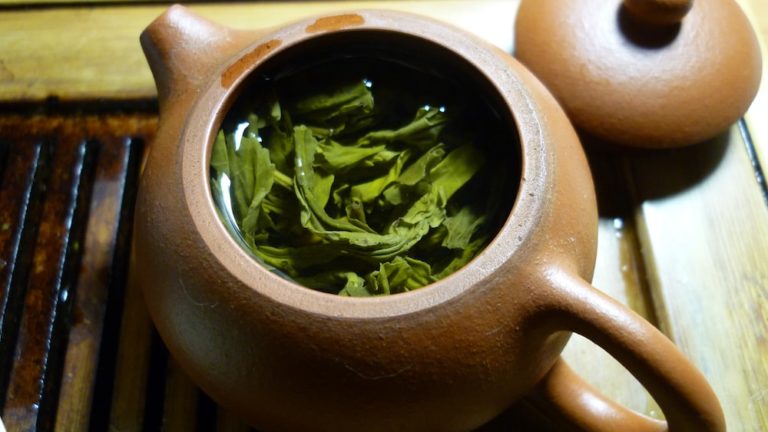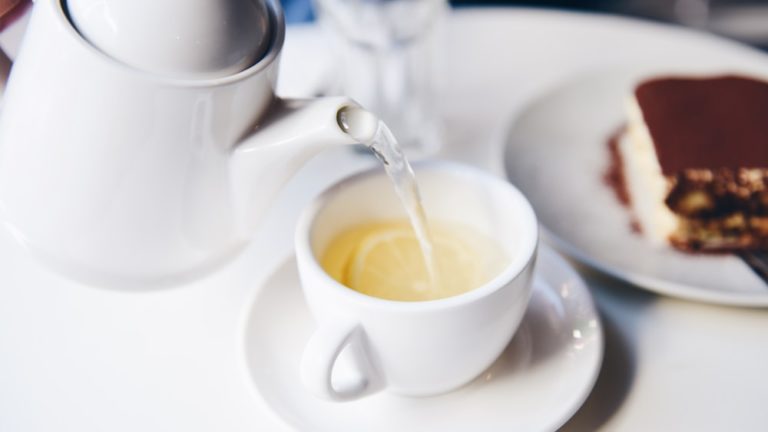15 Tea For Snoring Remedies To Sleep Peacefully Tonight

15 Tea For Snoring Remedies To Sleep Peacefully Tonight
Hello, peaceful slumber seekers and tea-fanatics alike! In this tea-steeped corner of the internet, we talk (or rather whisper) about that nightly symphony – snoring, yes, snoring! Ever found yourself amidst a jungle-like symphony of grunting elephants disguised as your loved ones? Or, are you secretly the night-time trumpeter, painting vivid dreams with your roaring orchestra? Don’t worry; this blog is your undercover agent in the realm of peaceful sleep.
Okay, drama aside, let’s whisper the truth: we’ve all been a part of it. At one point or another, we’ve either endured deafening snoring or shamelessly performed a solo snoring concert. And oh my, aren’t those moments just as delightful as sipping a cold cup of stale tea? Yep, that’s what I thought. But buckle up, because your journey into a noise-free, tranquil sleep starts here.
Our mission today? To navigate the magical, sometimes mystical world of tea, finding the perfect brew that might just silence those pesky night-time performances for good. To all my snoring virtuosos, get ready to replace your usual lullaby with a soft, soothing hum of tranquility. Sound like a dream? Well, let’s get brewing!
Understanding Snoring
Snoring, it’s a word that can make even the bravest among us shudder. But before we dive into illuminating tea remedies that can quieten our nocturnal serenades, let’s take a moment to understand this ubiquitous yet mysterious sleep phenomenon called – yep, you guessed it – snoring.
What is Snoring?
Ah, snoring, the unconscious nighttime melody that you never auditioned for. A serenade that, let’s be honest, won’t win any Grammys (unless they add a ‘Best Sleep Concert’ category).
So, what exactly causes you to transform into this night-time ‘snoring symphony’? Snoring is the sound that results when the flow of air you breathe in and out during sleep causes tissues in the back of your throat to vibrate. Think of it as playing a throaty harmonica, while being asleep, by the way.
The result? An unexpected serenade that, unfortunately, doesn’t sound as harmonious as a harmonica. More like a couple of squawking geese if we are getting metaphorical. But hold onto those pillows, my fellow tea drinkers. It’s time to understand the culprits behind this nightly concert.

Snoring is caused by the vibration of throat tissues due to the flow of air during sleep, resulting in an unpleasant symphony resembling squawking geese.
Causes of Snoring
So, what pulls the trigger to our nightly operetta? Several factors can induce snoring, with no one-size-fits-all explanation. Surprise, surprise, even the world of snores is complex.
• First off, relaxation is not always blissful. When the muscles in your throat relax too much, they partially block the airway, and voila, your snoring performance begins. • Then, we have what I like to call the ‘sneaky nose-blockers’ – common cold, sinus infection, or plain old allergies. They can temporarily turn your breathing symphony into a headlining snoring show. • And let’s not ignore our lifestyle choices. Alcohol, smoking, and obesity are often the unseen conductors to our orchestral snoring masterpieces.
The Role of Tea in Snoring Remedies
Lucky for us, and our long-suffering loved ones, our beloved, soothing teas may offer an overture to the snoring symphony. Let’s steep deeper into how tea can act as a remedy for snoring.
How Tea Can Help Reduce Snoring
Okay, so how does a humble cup of tea become a potential snoring remedy? Well, sit tight and keep your teacups at the ready as we spill the tea on tea!
Not all heroes wear capes; sometimes, they come in tea cups! Stimulating hydration, easing inflammation, and promoting relaxation, tea carries potential components to battle snoring. Hydration is key in preventing snoring as it helps lubricate the throat, keeping the infamous snore-monster at bay.
Next up is the ‘taming the inflammation dragon.’ Various brews, like the mighty peppermint tea, can reduce inflammation and open up nasal passages, making you swap your snores for soft, unobtrusive breaths.
The Science Behind Tea and Snoring
We’ve shared the how, now let’s dive into the why. Time to blend some science with our tea. Trust me, geeking out over tea-science while sipping your favorite brew – it’s an experience!
Teas, especially herbal ones, possess chemical compounds known as polyphenols. These handy little compounds are antioxidant warriors, fighting inflammation bandits that can often be the cause of, you guessed it, snoring!

But wait, there’s more to this tea magic! Decaffeinated teas (that’s right, lay off the caffeine at bedtime, folks) contain theanine, an amino acid that helps reduce stress and promote sleep. With your body in complete relaxation mode, it becomes less likely to initiate an impromptu snoring performance.
5 Best Teas for Snoring
Now, let’s get down to business – time to uncover the best brews that may play a front-runner in quieting down our snoring serenades.
1. Chamomile Tea
Ah, chamomile tea, the superstar of bedtime brews and a mighty player in the peaceful sleep league. Supporting relaxation and encouraging a good night’s sleep, it’s no surprise that this floral sedative tops our list.
Not only does this good-natured tea assist in gentle relaxation, but it also contains antispasmodic properties. What’s that, you ask? These properties can soothe your throat muscles, potentially decreasing their inclination to produce those overzealous snores. Bottoms up, chamomile could be your ticket to a harmonious bedtime serenade.
2. Green Tea
Then we have the famous, all-around champion – green tea. Don’t let its common appearance fool you, this tea is loaded with health benefits, each sipping away at our snoring troubles.
Aside from its celebrity status in the weight loss realm, green tea could be a potential ally in your quest for a snore-free night. It’s packed with antioxidants that work tirelessly to reduce inflammation, giving the single best reason to invite green tea to your nightly hush-hush tea party.
3. Peppermint Tea
Stepping on the podium next is the cool, refreshing peppermint tea. This invigorating blend doesn’t just awaken your senses, but it’s also a potential warrant to still your rumbling snores.
Especially if your snoring symphony is conducted by congestion or sinus issues, peppermint tea’s natural anti-inflammatory benefits can help soothe your irritated nasal passages. So, make room for this enlivening cup at your moonlit tea soirée, and welcome a refreshing zephyr of silent nights.
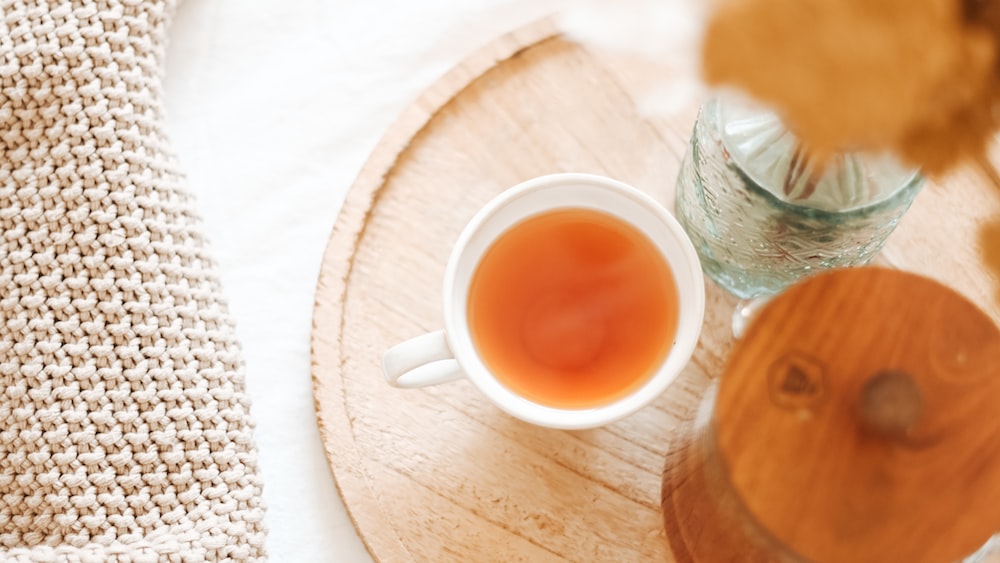
Peppermint tea’s natural anti-inflammatory benefits can help soothe irritated nasal passages, potentially aiding in reducing congestion-related snoring.
4. Eucalyptus Tea
Have you ever had the pleasure of meeting the champion of all teas–eucalyptus tea? With a hint of sweetness on your taste buds and a clearing effect on your throat, it’s no wonder this tea takes the stage for snoring remedies. Eucalyptus boasts properties like anti-inflammatory and decongestant nature–making a cup of this tea feels like a deep breath of forest air.
Think of your respiratory tract like a busy highway during rush hour traffic. Snoring is like a giant traffic jam, right? Eucalyptus tea is the superhero we needed, swooping in to clear up that jam by reducing inflammation and soothing the throat. This makes it an excellent choice for individuals who snore because of throat-related issues like congestion or swelling. But remember, too much of anything isn’t good, so balance your intake.
5. Fenugreek Tea
Talk about hitting two birds with one stone! Fenugreek tea is not just a snore-stopper, it’s a detox power-punch in your cup. Fenugreek seeds are known for their potent antioxidant properties. Imagine them like soldiers on horses, charging at the excess mucus in your throat, their primary culprit for barricades that cause a symphony of night-long snoring.
The unique advantage here is that Fenugreek also promotes digestion. Better digestion reduces reflux incidents, which are like the unexpected villains covertly contributing to your snoring issue. Add the slightly sweet, nutty taste of Fenugreek to your daily tea routine, and you’re signing up for peaceful sleep and happy mornings.
How to Prepare and Use These Teas for Snoring
Preparing tea for snoring isn’t your everyday tea steep. It involves choosing the best teas with high anti-snoring properties, and brewing them in a manner that extracts their snore-busting essence. Discover the best practices below:
6. Preparing Your Tea
Before you start brewing like a modern-day alchemist, remember, quality matters. In fact, it’s the queen. Opt for high-grade, organic tea with no added chemicals to ensure the maximum anti-snoring benefits. Now to the good part – the brewing!
Throw one teaspoon of the tea leaves (or seeds for Fenugreek) into eight ounces of boiled water. Let them steep for about 10 minutes–pretend you’re at a spa, not rushing to a meeting. After 10 minutes, strain the tea. You could add honey, on days you feel a little feisty.
7. Best Time to Drink the Tea
Is there actually a perfect time to sip these miraculous tea potions? Indeed, my dear friends, there is–and that’s before bedtime. This timing ensures that the tea’s effects are maximized while you snooze. Like a nocturnal superhero, the tea spends the night fighting off the forces of snoring, ensuring you wake up refreshed and not sounding like a disrupted lawnmower.
Sipping these miraculous tea potions before bedtime maximizes their effects, acting like a nocturnal superhero that fights off snoring forces and ensures a refreshed wake-up.
8. Consistency and Dosage
There’s no fast route on this magic carpet ride to serene sleep; consistency is your co-pilot. Drinking these teas sporadically and expecting snoring to evaporate is like expecting to solve a crossword puzzle with hieroglyphics. Daily usage at the recommended dose–one mug of 8 oz. tea–is the set norm. Think of it as a daily letter to your snoring habits, politely saying, “Not tonight, buddy!“
Other Natural Remedies for Snoring
Drinking tea isn’t the only natural path to a quiet night’s sleep. Several additional natural remedies exist that can complement your tea-drinking routine like a graceful symphony. Let’s dive deeper into those.
9. Lifestyle Changes
Lifestyle changes are the unsung heroes of natural remedies. Like stagehands, they’re not in the spotlight, but their role is crucial nonetheless.
First off, consider maintaining a consistent sleep schedule. This does wonders for your circadian rhythm–think of it as the maestro behind your body’s everyday processes. By ensuring a predictable rhythm, your body can optimize daily functions, which can aid in reducing snoring.
Secondly, let’s talk about weight management. Excessive weight, especially around your neck area, can add pressure on your throat, leading to snoring. Keeping your weight healthy with exercise and a balanced diet is like giving your snoring a strong eviction notice.
10. Exercises for Snoring
Move over, weightlifting and aerobics; there’s a new kid on the exercise block–snoring exercises! No, you won’t be running marathons in your sleep but performing simple throat and tongue exercises.
Start with saying each vowel (a,e,i,o,u) out loud for three minutes a day. This helps to tighten the muscles that control your soft palate and uvula, the main noise producers during snoring.
Another exercise involves sliding your tongue over your front teeth, pushing it against the roof of your mouth. Again, this helps your throat muscles get a good workout.
11. Essential Oils for Snoring
Essential oils, the divas of the natural world, come into play here. Lavender oil, with its soothing properties, helps to promote deep sleep and relaxation, ensuring your body is in optimal healing state.
Peppermint oil, on the other end, works as a great decongestant, reducing inflammation of your nasal passages and throat. Anointing your sleeping time with these oils adds a magical touch to your anti-snoring routine.
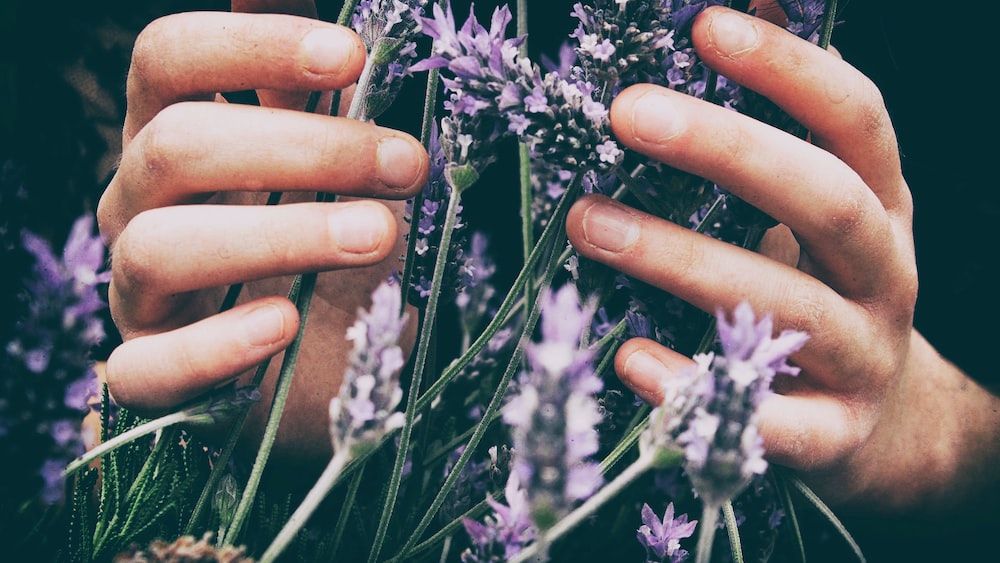
12. Dietary Changes
Food–it’s a love language for many, and it’s a snoring remedy as well. Plot twist, right? Certain foods act as natural anti-snoring aides–it’s like they’re wearing hidden superhero capes beneath those vibrant colors.
Consider consuming honey regularly. Honey has anti-inflammatory properties that can reduce swelling around your throat area, a leading cause of snoring.
Have fish instead of red meat for dinner. Why? Because red meat can lead to inflammation while oily fish like salmon and sardines are rich in healthy fats that reduce inflammation.
Snack on a pineapple or a couple of oranges at night. Both fruits pack a punch of antioxidants, vital to remove toxins that cause inflammation in your throat and nasal passages. Try incorporating these changes into your diet and witness the magic unfold.
Precautions and Considerations
When it comes to embracing the power of tea to curb your snoring, it’s not all about sipping your way to silent nights. Much like a strong brew, caution needs to steep in.
13. When to See a Doctor
I know, I know, who wants to admit that their snoring could be a symphony that needs a professional conductor, right? But let’s get real. If your nocturnal concerts persist and remain as loud as a jazzy trumpet even after downing gallons of chamomile or green tea, it might be best to face the music and seek professional help.
After all, persistent snoring could be an indication of a more serious underlying issue like sleep apnea or obesity. So if your snoring continues to threaten the domestic peace or you experience other symptoms like perpetually feeling tired during the day or gasping for air while sleeping, don’t hesitate to hit up the doc.
While tea remedies can be a potent snoring antidote, remember they aren’t a substitute for professional medical consultation.

14. Potential Side Effects of Herbal Teas
Herbal teas might seem like a harmless and all-natural solution but hold onto your teacups because they too can have side effects! Overdoing it with herbal tea could lead to an upset tummy.
It could also make your nights more restless with frequent bathroom trips (yes, even in the world of herbal tea, too much of a good thing can be bad!).
15. Interactions with Other Medications
And what about other medications you might be on? Well, as innocent as tea may seem, some types could interact with certain medications. For instance, the calm inducer – chamomile might amplify the effects of blood thinning medications.
Green tea, while being a digestion delight, could inhibit the absorption of certain drugs, including beta-blockers. So before unlocking the magic of these teas, always check with your healthcare provider or pharmacist. They’re like the Gandalf of your medication-herbal tea interactions!
Before unlocking the magic of herbal teas, always check with your healthcare provider or pharmacist to ensure they won’t interact with your medications, because they’re like the Gandalf of your medication-herbal tea interactions!
FAQs
1. Can tea really help reduce snoring?
Indeed, tea can be beneficial in reducing snoring. It’s the soothing effects of certain herbs that work their magic on your throat muscles, promoting a smoother airway and quieter nights.
2. How long does it take for the tea to work?
The time it takes for the tea to work varies for each snorer out there. While some may see improvements within a week, other rebellious throats may need a bit more time and consistency in their tea regime.
3. Can I combine tea with other snoring remedies?
Combining tea with other snoring remedies is typically safe. However, it’s always best to consult with a health professional to ensure there are no potential interactions or side effects. Safety first!
4. Are there any risks or side effects to using tea for snoring?
While generally safe, some people might experience side effects like stomach upset or increased urination from excessive tea consumption. Variations in individual tolerance levels reaffirm that when it comes to tea remedies, moderation is key.
Conclusion
So there we have it, a beginner’s guide to the great brew of tea solutions for the not-so-subtle art of snoring. From Chamomile to Eucalyptus, this aromatic journey unpacked the potential of herbal infusions to usher in peaceful nights.
But remember folks, while tea can indeed lend a helping hand, it’s not a silver bullet solution for all. Always consult with your healthcare provider before embarking on any new herbal treatment, and remember – listen to your body’s brewtiful symphony; it knows its bass notes and high notes better than anyone else.
So until next time, let teatime be a tranquil time where every sip takes you one step closer towards serene, snore-free slumber. Do keep steeping those beautiful brews, and keep tuning into our amazing tea-scapades. Stay brew-tiful!
Signing off with love, Zoe.


